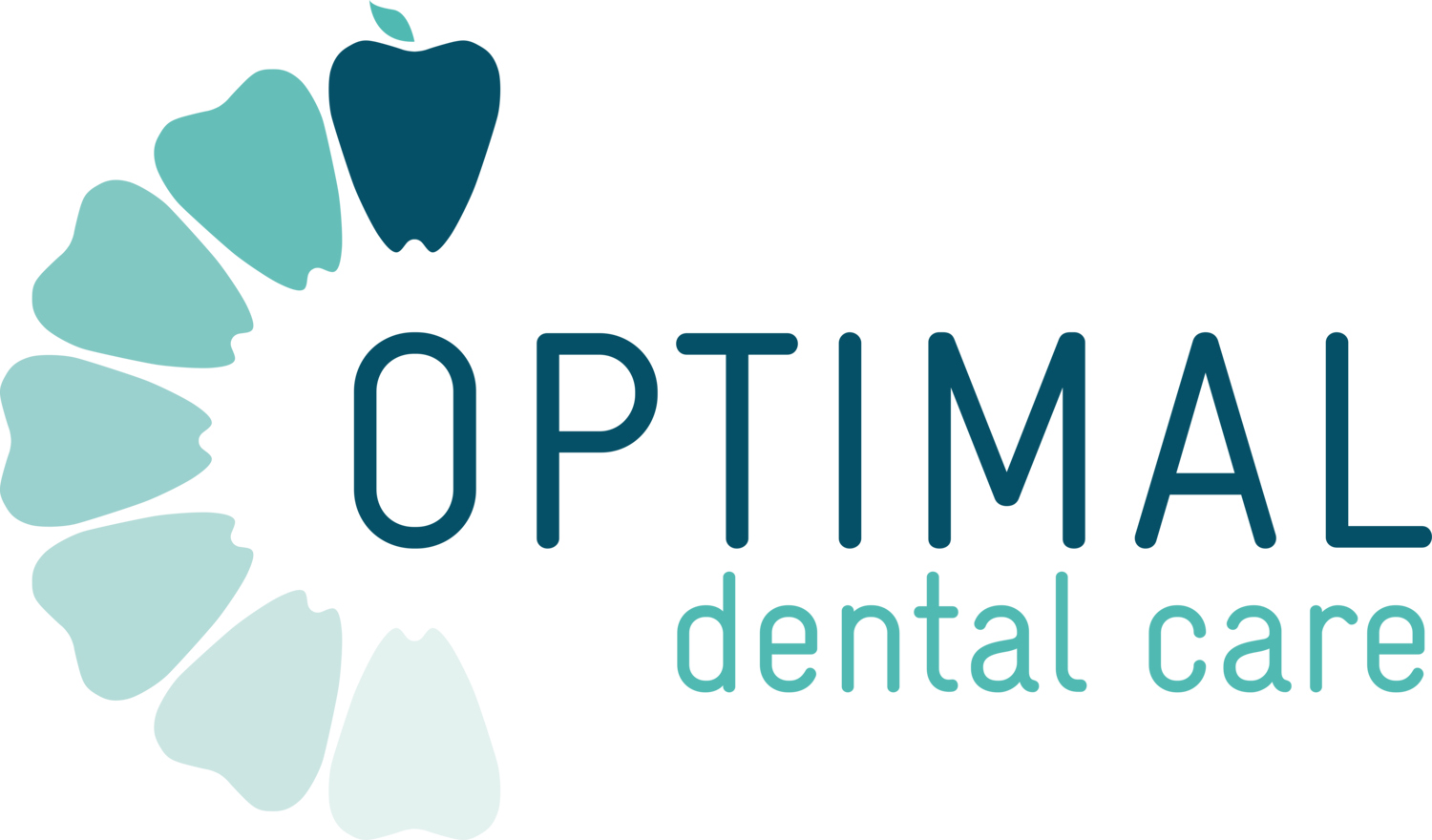What Are Wisdom Teeth?
Our teeth go through a lifecycle, just like every other part of the body. Primary teeth, also known as baby teeth, start appearing at six months of age. These are gradually replaced by permanent teeth, or adult teeth, from when we are around six years old. By the age of thirteen, most children will have their full set of adult teeth — apart from the third molars, also known as wisdom teeth.
Wisdom teeth may appear in your late teens or early twenties. Or you may be one of those people who never have your third molars grow through. Some patients experience significant pain as their wisdom teeth grow, while others don’t even notice the process occurring.
If you are experiencing mouth and gum pain or are concerned about the development of your wisdom teeth, it’s a good idea to consult your dentist. They may recommend wisdom tooth extraction as a method of managing your pain and symptoms.
The structure of your mouth
A standard adult mouth has 32 teeth, including wisdom teeth.
The middlemost teeth found in both the lower and upper jaw are known as the incisors, of which there are eight. Sitting to the left and right of the incisors are your four canines. The eight flat teeth found at the rear of the mouth are your molars, and between your molars and canines are eight premolars.
Your wisdom teeth are found right at the back of your mouth and most people have four in total.
Problems with wisdom teeth
Not everyone experiences problems with their wisdom teeth. However, some people find that their wisdom teeth emerge from gums at an angle, pushing into surrounding teeth and causing overcrowding. This process, also known as impaction, can be both painful and alter the visual appearance of your smile.
Impaction has the potential to cause infection, leading to tooth decay and gum irritation. For this reason, your dentist may recommend wisdom tooth extraction or in certain cases, emergency wisdom tooth removal.
Symptoms to watch out for
There are clear signs and symptoms associated with impaction and infection. These include:
Swelling of the gums, particularly towards the back of your mouth
Jaw pain
Bleeding gums
Difficulty fully opening your mouth
Bad breath
Difficulty chewing
Pus coming from the mouth
Swollen lymph nodes below the jaw
Fever
Some of these symptoms are also associated with other conditions, so arrange an appointment with your dentist to confirm that the issue is being caused by your wisdom teeth.
Treating wisdom teeth
Having examined your wisdom teeth, your dentist may choose to simply treat the infection by cleaning the affected area and prescribing antibiotics. Alternatively, if the problem is likely to return, they may recommend your wisdom teeth be removed.
The type of procedure performed will depend on the state of your wisdom teeth. If they are deeply impacted, you may be put under general anesthesia while the teeth are removed. Alternatively, if the procedure is fairly straightforward and unlikely to involve any complications, a local anesthesia will be offered instead.
Either way, having your wisdom teeth removed tends to be an outpatient procedure, meaning even if you have to attend a hospital, you will be able to leave the same day. Your dentist will provide further, tailored information for how to care for your mouth and gums post-surgery. It’s not uncommon for a patient to experience bleeding, swelling, and bruising. You will likely be given pain medication and be under strict instructions regarding the types of food and drink you are able to consume.
Given the removal of wisdom teeth tends to leave a significant wound behind, it’s crucial for patients to be aware of the symptoms of infection. Contact your dentist immediately if you experience excessive bleeding, fever, increased swelling, numbness, or a pus-like discharge.
Optimal Dental Care — providing the highest quality of patient care
Optimal Dental Care has been providing high-quality dentistry to patients in the eastern suburbs of Sydney for over twenty years. Throughout this time, we have developed a reputation for our professional and caring approach to dentistry.
Our broad range of services are comprehensive and include wisdom tooth extraction and emergency wisdom tooth removal. We will work with you to ensure you understand your options and are happy with the outcome of your treatment.
For further information about our practice, services, and approach to dentistry, contact Optimal Dental Care, your trusted Bondi Junction dentist.
